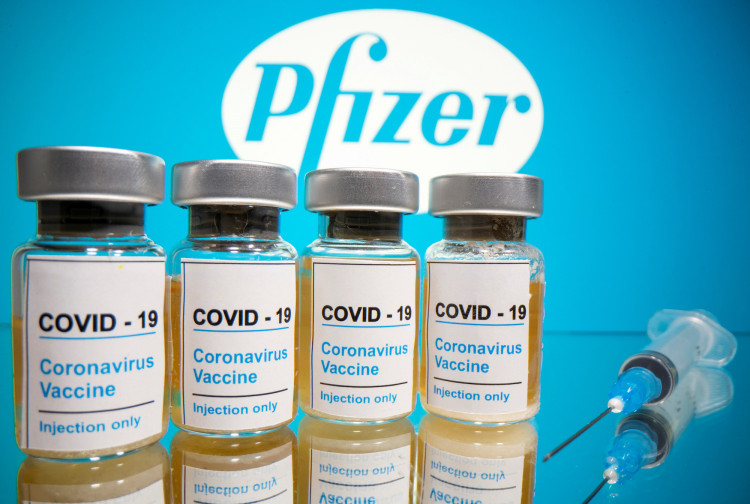Following the success of a COVID-19 vaccine, Pfizer will attempt to advance other vaccines against a variety of diseases using the same gene-based technology, chief executive Albert Bourla told The Wall Street Journal.
Pfizer's monumental achievement-creating a vaccine in 11 months-was not achieved alone, as the company collaborated with German drugmaker BioNTech on the coronavirus initiative. Nevertheless, according to Bourla, Pfizer is now ready to pursue messenger RNA technology on its own.
"There is a technology that has proven dramatic impact and dramatic potential," Bourla said. "We are the best-positioned company right now to take it to the next step because of our size and expertise."
The benefits of mRNA technology have long piqued the interest of researchers, but it wasn't until the COVID-19 pandemic that the promise of mRNA was widely realized. In the future, it is expected to draw even more interest from both big and small biopharma companies.
Pfizer would not be the only company pursuing this goal. Moderna, which developed its own mRNA COVID-19 vaccine in the same span, is also studying how the technology can be used to combat other viruses and pathogens. mRNA research is also being conducted by a number of other biotech and pharmaceutical companies.
During the J.P. Morgan Healthcare Conference in January, Moderna informed investors that it had nine vaccines in various stages of development. It is also using mRNA technology to build therapeutics in four general fields, including five immuno-oncology therapies, four for rare diseases, and two each for cardiovascular and autoimmune diseases.
The "beauty" of the platform is that the development process is "universal," said Mariola Fotin-Mieczek, CureVac's chief technology officer, on a Fierce Pharma webinar last year. CureVac is producing its own mRNA COVID-19 vaccine candidate.
Even before the Pfizer COVID vaccine earned emergency use authorization in November, SVB Leerink analyst Daina Graybosch predicted that the COVID vaccine's success would "open the floodgates" of mRNA technology in other infectious diseases. And it appears Bourla's comment this week is the realization of that.





